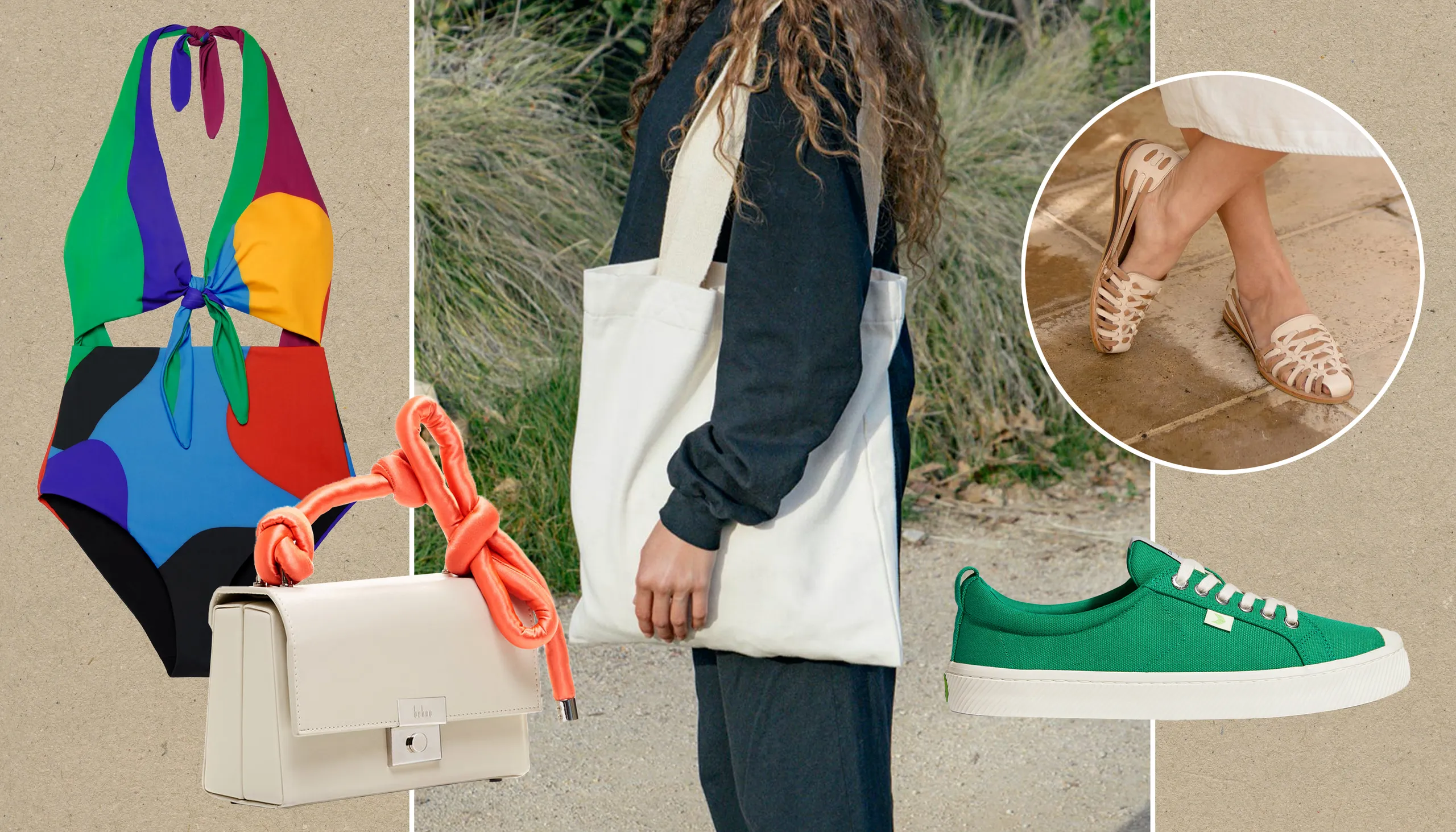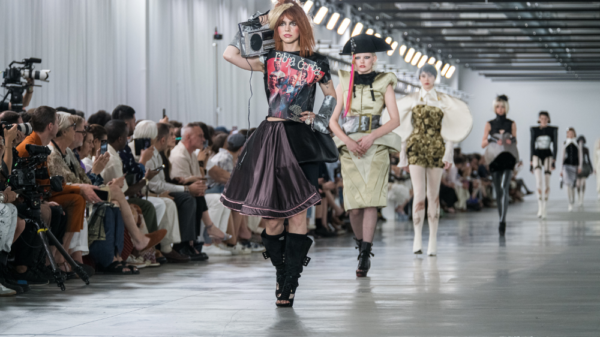The Fashion Industry and its Environmental Impact
The fashion industry has long been associated with glamour, creativity, and innovation. However, behind the glitz and glamour lies a significant environmental impact that cannot be ignored. From the production of raw materials to the disposal of clothing, the fashion industry contributes to climate change, pollution, and resource depletion.
Fast Fashion and its Consequences
One of the major contributors to the environmental impact of fashion is the rise of fast fashion. Fast fashion refers to the production of inexpensive, trendy clothing that is quickly produced and disposed of. This rapid turnover of fashion trends leads to excessive consumption and waste.
The production of fast fashion relies heavily on synthetic materials, such as polyester, which are derived from non-renewable resources. These materials require large amounts of energy and water to produce, contributing to greenhouse gas emissions and water pollution. Additionally, the disposal of fast fashion garments in landfills leads to further environmental degradation.
The Shift Towards Sustainable Fashion
Thankfully, the fashion industry is starting to recognize its environmental impact and is taking steps towards sustainability. Sustainable fashion, also known as eco-fashion or ethical fashion, refers to clothing that is designed and produced in an environmentally and socially responsible manner.
Brands are now incorporating sustainable practices into their production processes, such as using organic and recycled materials, reducing water and energy consumption, and implementing fair labor practices. These initiatives not only minimize the environmental impact but also promote social responsibility within the industry.
The Rise of Circular Fashion
Another significant development in the fashion industry is the rise of circular fashion. Circular fashion aims to create a closed-loop system where clothing is designed, produced, used, and then recycled or upcycled into new garments. This approach reduces waste and extends the lifespan of clothing, ultimately reducing the industry’s environmental footprint.
Brands are now embracing circular fashion by implementing take-back programs, where customers can return their old garments for recycling or resale. Some brands even offer repair services to prolong the life of their products. These initiatives encourage consumers to adopt a more sustainable approach to fashion consumption.
Consumer Awareness and Action
While the fashion industry plays a significant role in reducing its environmental impact, consumers also have a crucial role to play. By becoming more aware of the environmental consequences of their fashion choices, consumers can make informed decisions and support sustainable brands.
One way consumers can contribute to a more sustainable fashion industry is by embracing slow fashion. Slow fashion encourages mindful consumption and emphasizes quality over quantity. By investing in well-made, timeless pieces, consumers can reduce their reliance on fast fashion and contribute to a more sustainable future.
Additionally, consumers can support brands that prioritize sustainability and transparency. Researching and choosing brands that use eco-friendly materials, ethical production practices, and promote recycling and upcycling can make a significant difference in reducing the environmental impact of the fashion industry.
The Future of Fashion
The fashion industry is at a critical turning point, where sustainability is no longer a trend but a necessity. With the rise of sustainable and circular fashion, coupled with consumer awareness and action, the industry has the potential to transform its environmental impact.
By embracing sustainable practices and prioritizing the well-being of our planet, the fashion industry can continue to evolve and thrive while minimizing its environmental footprint. Together, we can create a fashion industry that not only looks good but also does good for the planet.




































